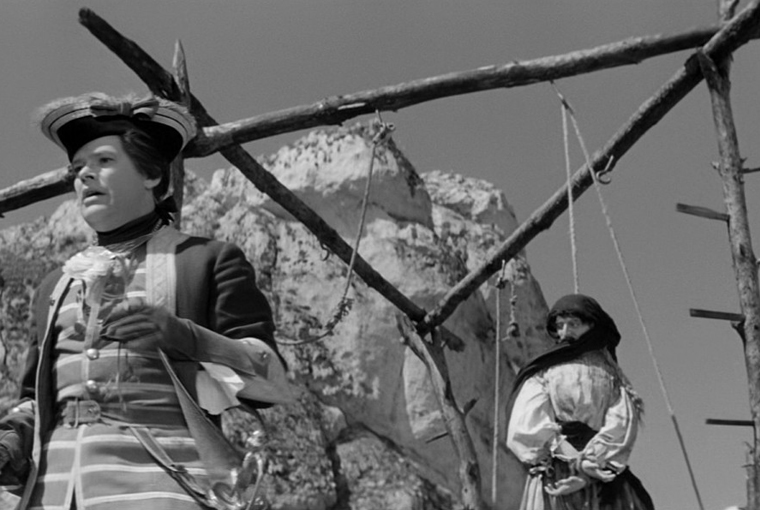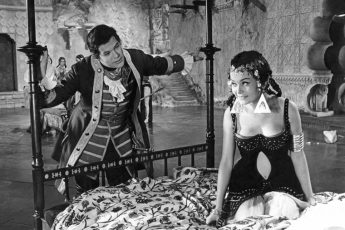
Can the great literary works be adapted for the big screen in a satisfying way? Aren’t many of them too elusive, prosaic, stylistically driven? Until a director proves the opposite, many viewers unhappy with cinematic adaptations will continue appealing to such misgivings in order to explain why directors fail at adapting particular literary works onto the big screen. That is problematic in three respects. Firstly because there are no objective criteria for success or failure in art, secondly because it is unclear how close one must stay to a literary work in order for it to qualify as an adaptation, and thirdly because one can fail to make a good film quite independent of the supposed adaptability of a literary work – in short, there are not even theoretical criteria for what would count as proving the opposite. This is why a thorough discussion of literary adaptations requires assessing both the original and cinematic material independent of and before referencing qualitative considerations. Only that way can one hope to retrace why a given film good or bad is in one respect or another, true or untrue given its literary source, and finally whether its approach was doomed to fail. This is a mantra we hope to have respected in this month’s issue, which, being dedicated to literary adaptations, is the first theme-related issue on our website. In view of our year-long regional focus on Poland, we have chosen a selection of five Polish directors for this occasion – four of them put Polish literary classics from the 19th and 20th century to the screen.
***
Moritz Pfeifer questions the political message behind Andrzej Wajda’s The Wedding in comparison to the original play by Stanisław Wyspiański. Konstanty Kuzma saw Jan Jakub Kolski’s Pornography and points to major discrepancies between it and Witold Gombrowicz’s eponymous work. Pau Bosch Santos shows how Wojciech Has, through The Saragossa Manuscript, manages to update Jan Potocki’s master piece for his contemporaries. Bosch Santos also places some of Polish director Wojciech Has’ artistic approaches in a biographical context. Jack Page discusses Poland’s Nights & Days, and analyses, among other things, aspects of Antczak’s Humanist agenda, while Nicholas Hudáč examines how Štefan Uher adopts Czechoslovak identity in his pre-New Wave pic The Sun in a Net.
Our Perspectives section features an analysis – also as part of our literary issue – by Julia Zelman of Polanski’s interpretation of Sacher Masoch’s novel in Venus in Fur, as well as a review of The Tribe by Ukrainian director Myroslav Slaboshpytskiy, in which Anastasia Eleftheriou focuses on the film’s choreographic aspects.
Konstanty Kuzma & Moritz Pfeifer
Editors




Leave a Comment